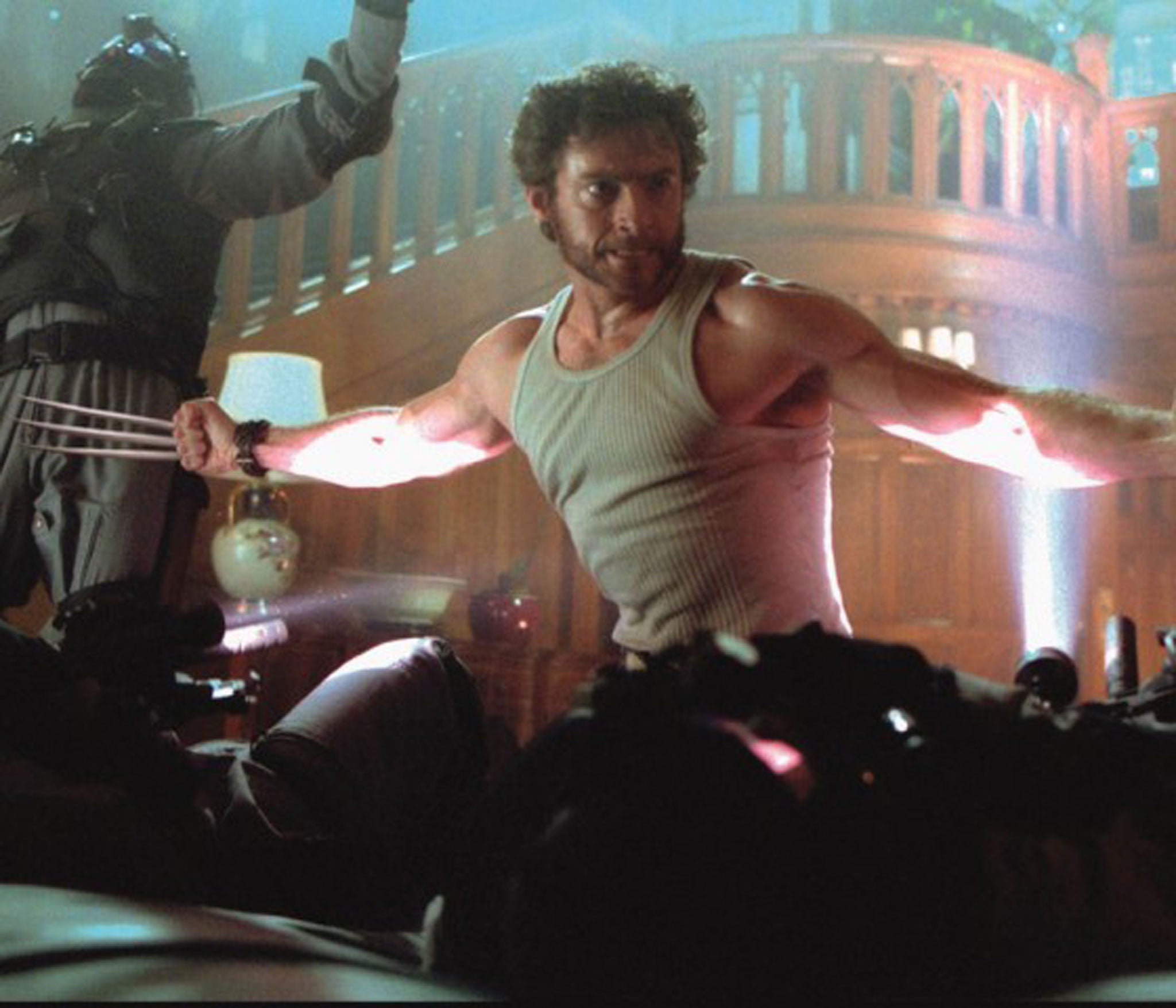The BBFC has announced new film classifications for teens but can the ratings war be won?
The BBFC's former chief, Andreas Whittam-Smith, reveals the process behind protecting children from sex and violence

A storm of protest greeted publication of new guidelines by the British Board of Film Classification (BBFC). It always does. "Children as young as 15 are to be allowed to watch films filled with obscene language," reported one newspaper. As a former chief film censor myself, I don't object to these expressions of outrage, though they are often unfair. For the activity comprises an unarguably good bit – classifying films on grounds of suitability for different age groups in order to help parents. And also a controversial bit – preventing people watching what they might otherwise wish to see, indeed interfering with their freedom.
In these circumstances, you should be exposed to vociferous challenge.
When I became president of the BBFC in December 1997, its workings were a mystery. There were no published guidelines. Instead, the examiners consulted the bulky files on their desks that listed relevant precedents. There was consternation when I said that we should write down and publish what were, in effect, our rules. The next step was to find out what the public thought about the ratings. Were they too lax in places? Too strict in others?
At a public meeting in London I was asked whether I really thought that pornography was harmful. In Belfast, two women told me that the BBFC should consider itself as being a sort of third parent so far as children's viewing habits were concerned. The overall message was that we should ease our restrictions on sexual material for films classified at 15 and become more restrictive on the depiction of violence at all age categories.
Now the BBFC has completed another thorough review of its guidelines, the third since I stepped down in 2002. More than 10,000 members of the public were consulted, teenagers as well as their parents. The BBFC issued hundreds of films and videos to households across the UK and asked for their views on the classification decisions. This puts into context the discontent expressed by pressure groups – look, it can say, there has been a very wide consultation and this is what the public wants.
Note, too, that the film industry itself is not consulted, though directors and producers are quick to argue with the examiners if they consider that their own films have been wrongly classified. This be because cuts have been requested to qualify for, say, a 15 certificate. Or, because they have landed up with a 12A (the A means advisory), when they would rather have had a higher category. In my day, it was politely suggested to this type of complainant that the insertion of more swear words would raise the rating, and many took advantage of this route.

But now, the rules on bad language have themselves been amended. The BBFC states that regarding language, "the public wants greater strictness with the language allowed at U and more flexibility about allowing very strong language at 15".
This is based on the BBFC's new research that found that the shock value of bad language is diminishing with each generation, and a number of respondents lamented how things have changed: "It's how it's used – in conversation, where every other word is the F-word. Young people don't see it as offensive – it's normal." Another respondent added: "You only have to get on a bus with them when they're on it to hear swearing all the time."
As well as the new ruling on the use of bad language, the BBFC made two further changes to its guidelines. First, greater weight will be given to the theme and tone of a film or video, particularly around the 12A/12 and 15 level. And, second, particular attention will be given to the psychological impact of horror, as well as strong visual detail such as gore. From the point of view of the BBFC's examiners, the wording of the new rules says something about the way classification is actually carried out.
Classification cannot be a "tick box" exercise. This is emphasised by the BBFC's remark that "context, not just frequency", is the most important factor in how language in films is perceived by the public. You must not say to yourself: "Bad language here. Cut it out", or "Moment of nudity there. It must be removed." Everything depends upon the context.

Watch Apple TV+ free for 7 day
New subscribers only. £9.99/mo. after free trial. Plan auto-renews until cancelled.
ADVERTISEMENT. If you sign up to this service we will earn commission. This revenue helps to fund journalism across The Independent.

Watch Apple TV+ free for 7 day
New subscribers only. £9.99/mo. after free trial. Plan auto-renews until cancelled.
ADVERTISEMENT. If you sign up to this service we will earn commission. This revenue helps to fund journalism across The Independent.

Another lesson you learn as a censor is that the BBFC must take society as it is, rather than seek to change it, as various pressure groups would wish. I believe this stance to be completely realistic. How could a body employing just 60 people, managed by a handful of executives, have any expectation of holding back movements in social behaviour against which the government itself, the political classes more generally and the major faiths fail to have an impact?
This powerlessness is going to become more acute. Because today's parents, as a result of developments in technology and the social media, are losing control of their children's viewing habits. The plethora of devices means the dynamics of film-viewing – in terms of frequency, audience and impact – has greatly changed in the past few years.
A father with two teenage children told the BBFC: "You can't monitor them constantly. They can access anything on their phones now. I'm sure they have got the most up-to-date phones. What do you do? Laptops in their bedroom and they're up until four o'clock in the morning. When you're going to bed at a normal time, they're still up. That's not a criticism. It's just how it is."
So some parents have gone back to something that one might have imagined would never come back – trust.
Another Dad said: "She downloads films, but what I don't know... But I trust them. We've got an open relationship in our family. I don't feel the need to police it. It depends on your children and, I must say, she is an angel."
I do hope he is right.
Join our commenting forum
Join thought-provoking conversations, follow other Independent readers and see their replies
Comments
Bookmark popover
Removed from bookmarks